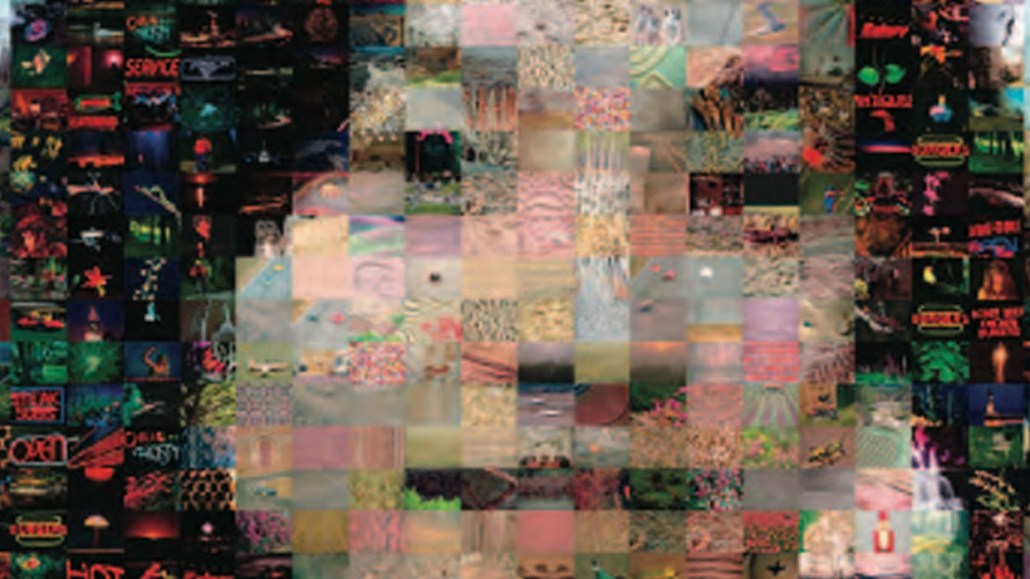Secure your place at the Digiday Media Buying Summit in Nashville, March 2-4

In June 2004, a new website called TheFacebook was struggling to gain the attention of major advertisers, despite the best efforts of then-CFO Eduardo Saverin.
In an attempt to remedy the situation, it enlisted the help of college-focused ad sales firm Y2M, which became the exclusive third-party representative for the burgeoning social network’s ad opportunities. (Related: Inside Facebook’s Earliest Ad Deals)
It worked. In a matter of months, Y2M had brokered ad deals on “TheFacebook” with national brands including MasterCard, Paramount Pictures, Ford, The North Face, Verizon and even Apple.
Facebook continued to sell its own smaller deals, too, but this is the ad sales deck that Y2M salesman Josh Iverson took to market in October 2004.
More in Media

Media Briefing: Turning scraped content into paid assets — Amazon and Microsoft build AI marketplaces
Amazon plans an AI content marketplace to join Microsoft’s efforts and pay publishers — but it relies on AI com stop scraping for free.

Overheard at the Digiday AI Marketing Strategies event
Marketers, brands, and tech companies chat in-person at Digiday’s AI Marketing Strategies event about internal friction, how best to use AI tools, and more.

Digiday+ Research: Dow Jones, Business Insider and other publishers on AI-driven search
This report explores how publishers are navigating search as AI reshapes how people access information and how publishers monetize content.













